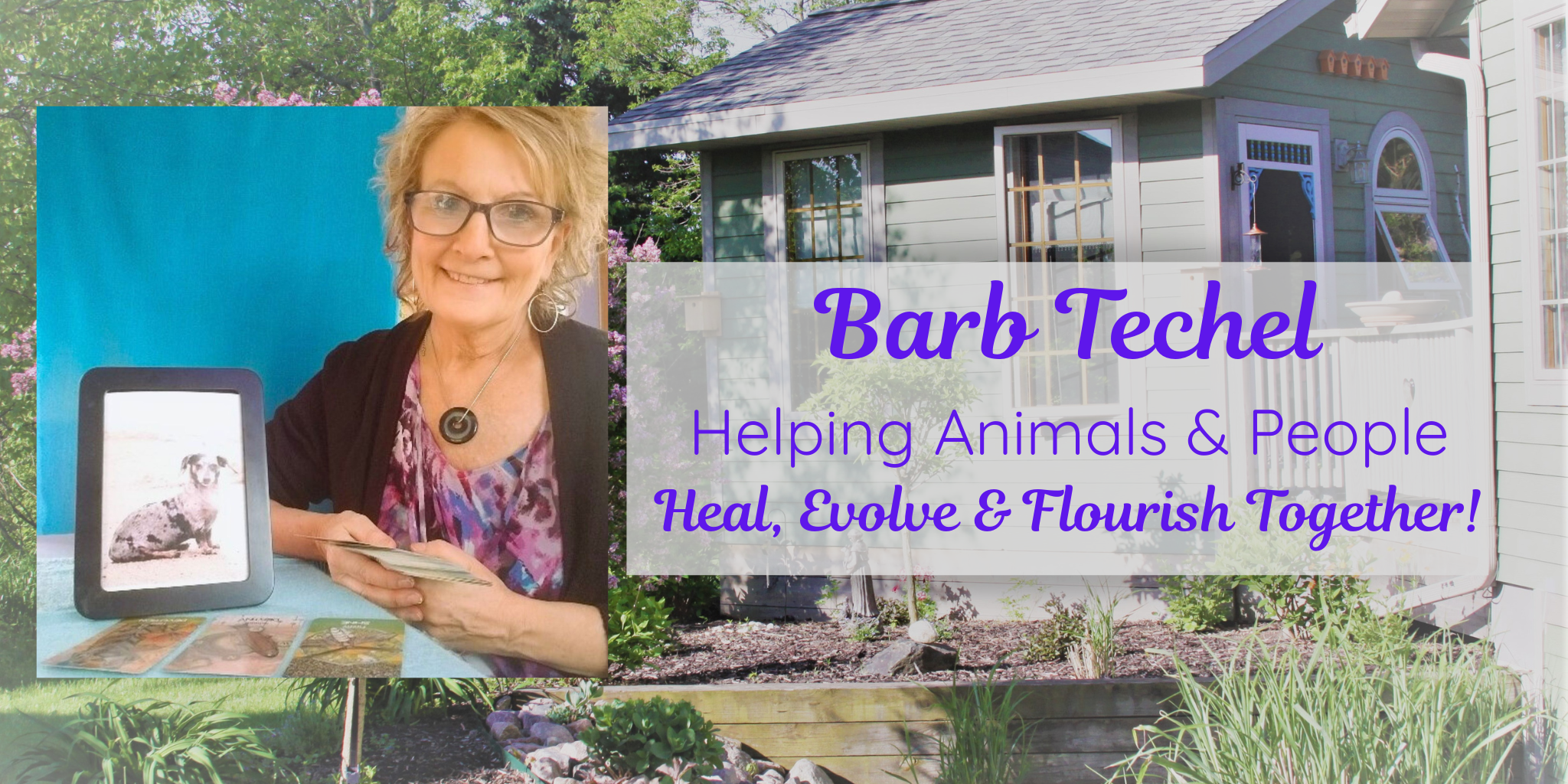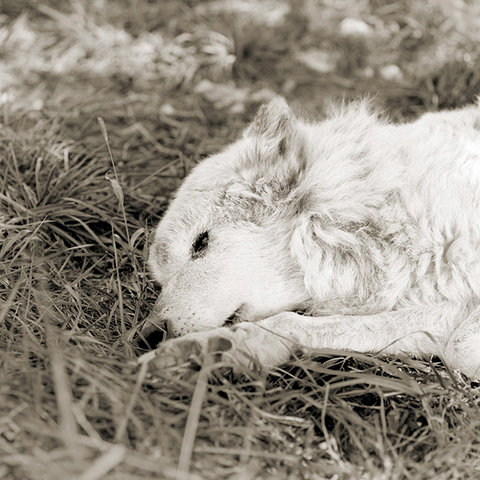Kiri, Great Plains Wolf, Age 17
I was deeply touched to receive an article from my friend, Mary titled, “What We can Learn from Older Animals.” Photographer, Isa Leshko captured some powerful images of aging animals that touched me very deeply.
Though I found myself tearing up easily at some of the images, I also found myself seeing so much beauty in these elderly animals.
In the short film Isa explains her mission and talks about caring for her mom who has Alzheimer’s. Photographing elderly animals became her outlet to dealing with her own fear of mortality and possibly getting dementia or Alzheimer’s herself someday.
Isa is right when she says that talking about death and mortality is not a subject people want to discuss. The fear swallows us up. But I wonder then what is it that we miss? I think Isa beautifully shows the grace in aging in the animals she photographed. Sadly, yes, some have come from abusive or neglected places, or were simply discarded due to age, but to know they are now aging, and living out their days in peace, dignity and comfort is what aging should be all about- whether human or animal.
If we can embrace and appreciate the aging of our own pets, I believe that in turn can help us to see the aging face of our parents, as well as ourselves, in a new and more appreciating and accepting light.
I see this as no different for animals that are disabled. When Frankie became paralyzed one of the hardest things for me to accept was that she looked different- somewhat disfigured. In the beginning I would feel a tinge of sadness when I dog sat for another dachshund, Kirby. He would be standing beside Frankie, and Frankie was either sitting if not in her wheels, or in her wheels and not able to stand on her own like a “normal” dachshund. It broke my heart.
But I came to see that looks don’t matter—we put so much emphasis on that in our society and it wreaks such havoc on our brains—Frankie showed me that she was not defined by her wheelchair, or her crooked spine, but that she was still Frankie- full of spirit, joy, and love.
As she ages, now 12 1/2, I a see a new beauty in her in her frosted paws, chin, and muzzle. I see her eyes once bright, now a bit clouded. But I also see a little dog happy to snooze all day in the warmth of my studio- happy to nestle in next to me each night as a I read- happy to snuggle next to her papa as they both drift off to sleep…. and happy to see me each time I return home after being gone.
I see a dog soaking in the comfort of a slower pace.. a dog not worried about when she will pass on… a dog that has taught me some of life’s greatest lessons… and a dog who helped me see that in slowing down in my own life, brought to light, new possibilities.

